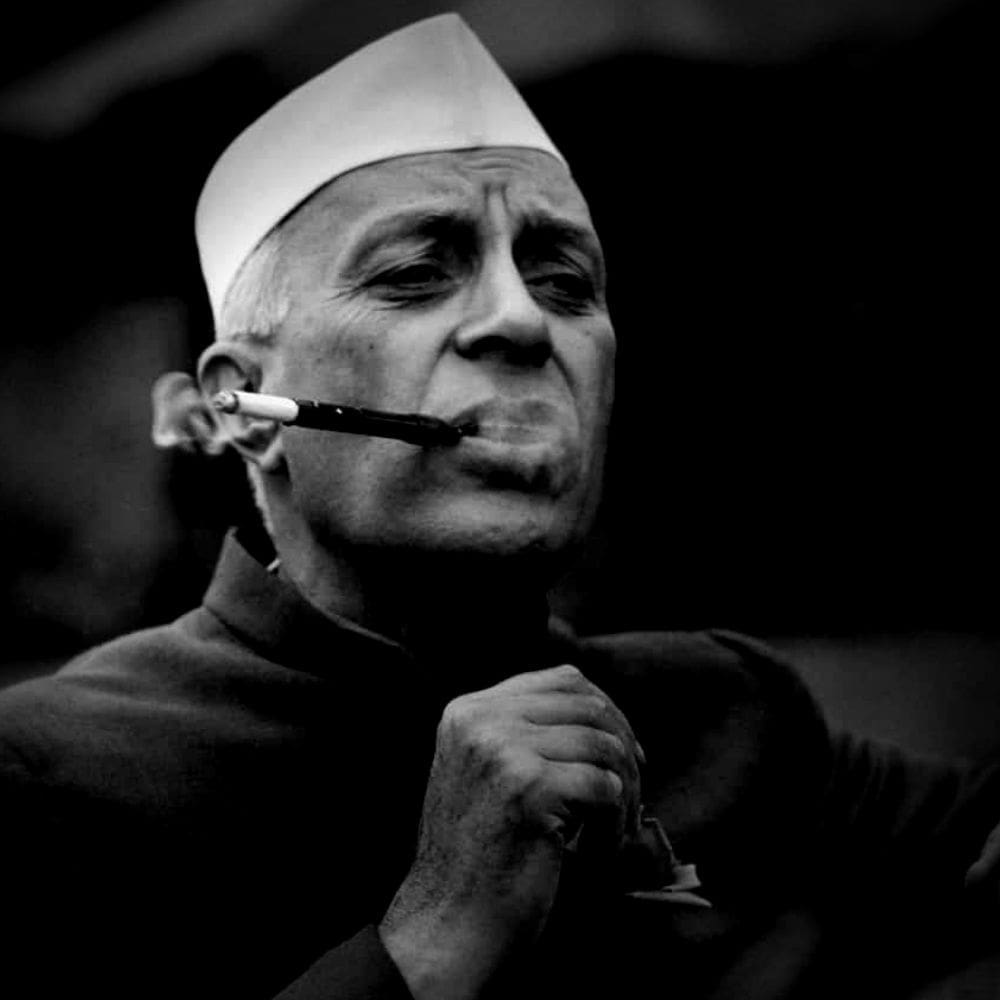NO INITIATIVE ON SRI LANKAN TAMIL PROBLEM
It is sad that even though the two peoples—the Sinhalese and the Tamils —spring from the same civilisational background, they have been at loggerheads. People from Gujarat and Sindh (some say Odisha) in India immigrated to Sri Lanka and formed the Sinhala dynasty. Chronicles— Mahavansa and Dipavansa—record the landing of Wijaya in the sixth century BC.
Sadly, the Sri Lankan Tamil problem was allowed to fester and Nehru did little to get the matter resolved in the fifties, when it could have been—and it grew worse.
Both the ‘Sri Lankan Citizenship Act of 1948’ and the ‘Official Language Act of 1956’ put the Tamils at a severe disadvantage. Sri Lanka witnessed mayhem of Tamils in 1958, amounting almost to genocide. Tamils everywhere were attacked mercilessly, and their properties were burnt or looted. Sinhala mobs poured kerosene over many Tamils, and burnt them alive. Thousands were injured or killed. Many were internally displaced. It was a case of state-sponsored terror.
Walter Crocker, who was then the Australian ambassador to India, says in his book, ‘Nehru: A Contemporary’s Estimate’{Croc} , that while India and Nehru spoke against the treatment of Africans in the European colonies, and justifiably so; in contrast, with regard to the ill treatment of Tamils in Ceylon, they did precious little. Writes Crocker: “…and with little done to save Indians in Ceylon from treatment which was worse than the treatment meted out to Africans in European colonies in Africa.”
But, that was typical of Nehru. He railed against the discrimination and savagery in distant lands—against blacks in South Africa—but remained conspicuously silent about our own people next door: against the Hindus in East Pakistan (now Bangladesh), or against the Tamils in Sri Lanka. Because, the former required only talking; while the latter required action too!
If India had succeeded in doing the needful in the fifties, much of the trouble that Sri Lanka and the Tamils and the Sinhalese faced subsequently could have been avoided. It is in such cases that the statesmanship of a leader is tested.


